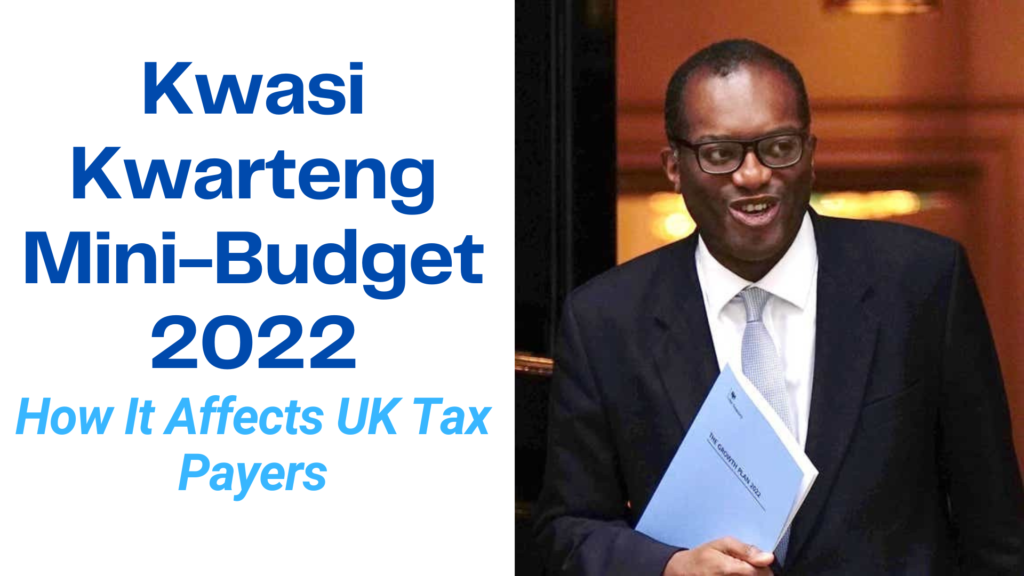In the first mini-budget of the new government, the chancellor today pledged significant tax cuts.
Kwarteng outlined his goals for economic growth, stating that he expects the economy to grow by 2.5% annually over the medium term through a combination of tax breaks and reforms. Here is a summary of a few of the tax reductions:

INCOME TAX
The incoming chancellor will also eliminate the higher income tax rate of 45% and replace it with a single higher rate of 40%, making 31 million individuals better off on average by £170 annually. From April 2023, the base rate of income tax will likewise be reduced to 19%.
NATIONAL INSURANCE
From November, the National Insurance increase of 1.25% will be reversed. According to the Treasury, the adjustment will result in annual savings of £330 for over 28 million households.
VAT
The introduction of VAT-free shopping for foreign visitors will be made possible by the cancellation of all scheduled hikes on duty on beer, cider, wine, and spirits.
HOUSEHOLDS AND BUSINESSES’ ENERGY SUPPORT
In an effort to protect homes from escalating energy costs, an energy price guarantee will result in domestic bills being fixed at £2,500.
This will result in a reduction in household energy costs of about £1,400 this year, and it is believed that millions of the neediest people will also receive supplementary subsidies, bringing their total yearly savings to £2,200.
STAMP DUTY
The mini-budget included reform of the stamp duty system. To “promote growth, boost confidence, and assist families desiring to own their own home,” the threshold at which buyers begin paying stamp duty will double to £250,000.
Additionally, the barrier for first-time buyers will rise from £300,000 to £425,000, and the amount of the home they buy will be eligible for relief will rise from £500,000 to £625,000.
BANKERS BONUS
A limit on bankers’ bonuses will also be removed because the current limitations “just do not function.” According to him, the action will encourage banks to hire staff and pay taxes in the UK.

